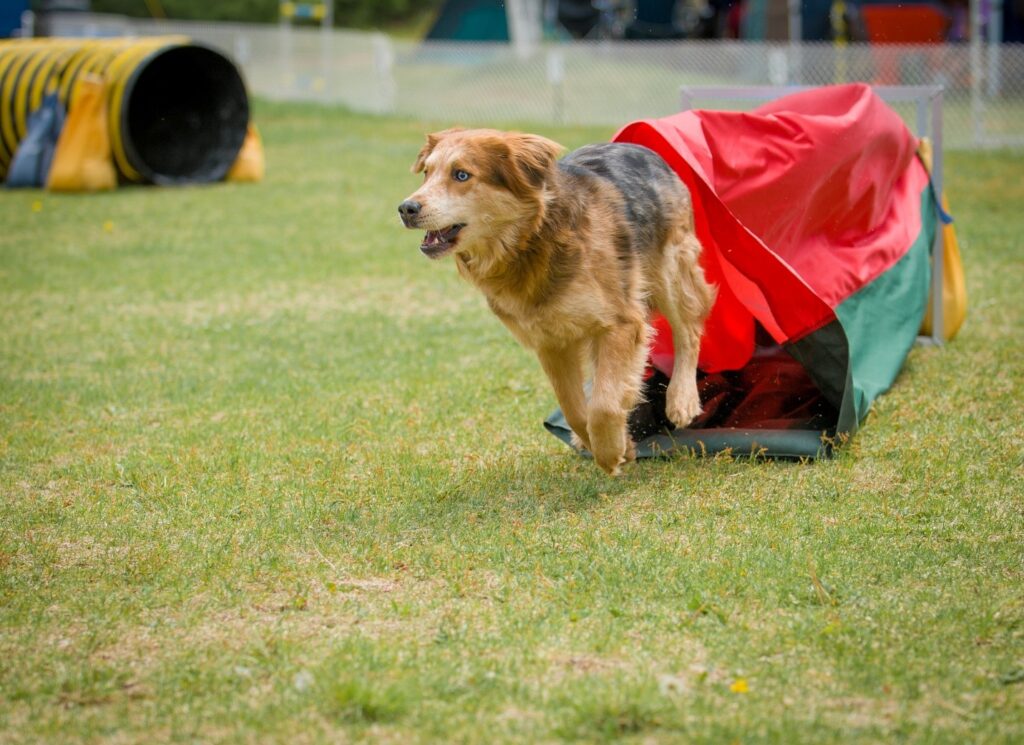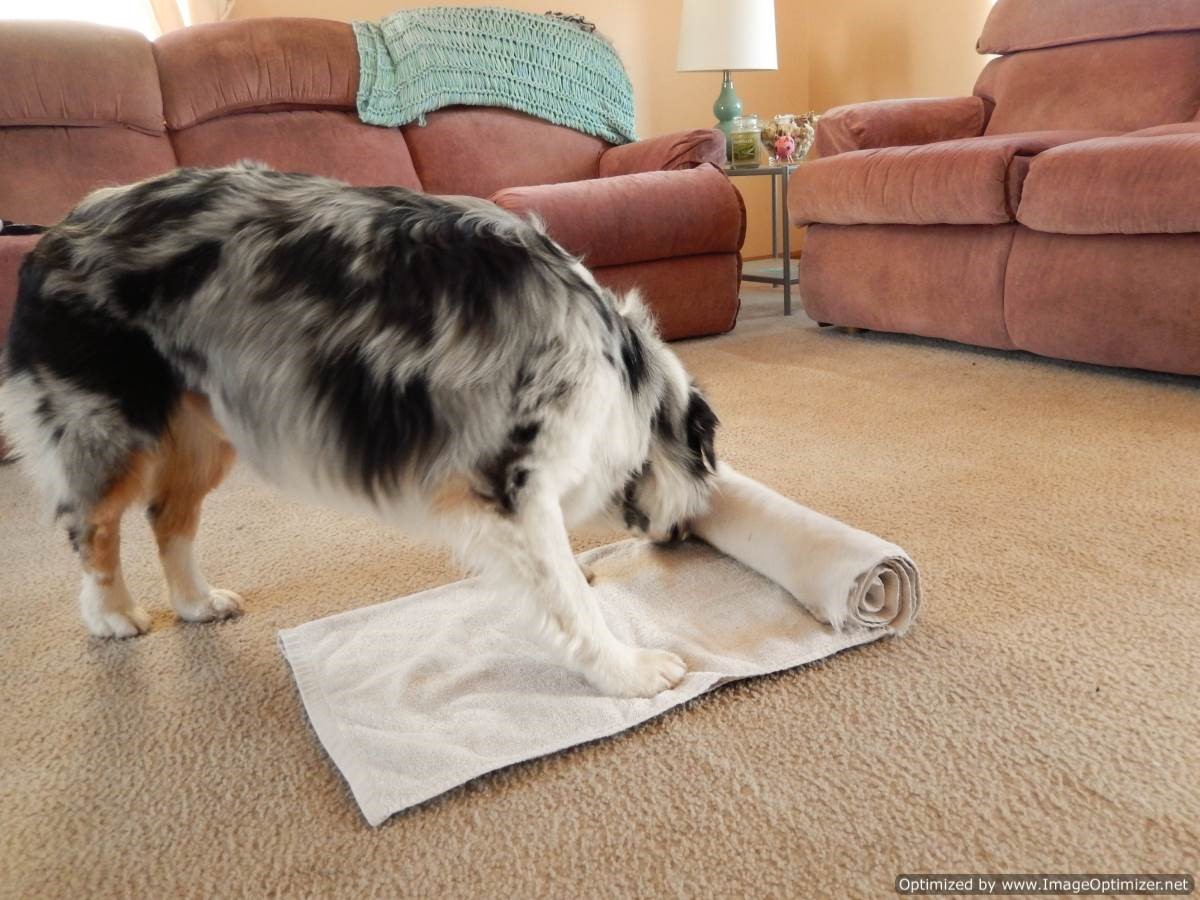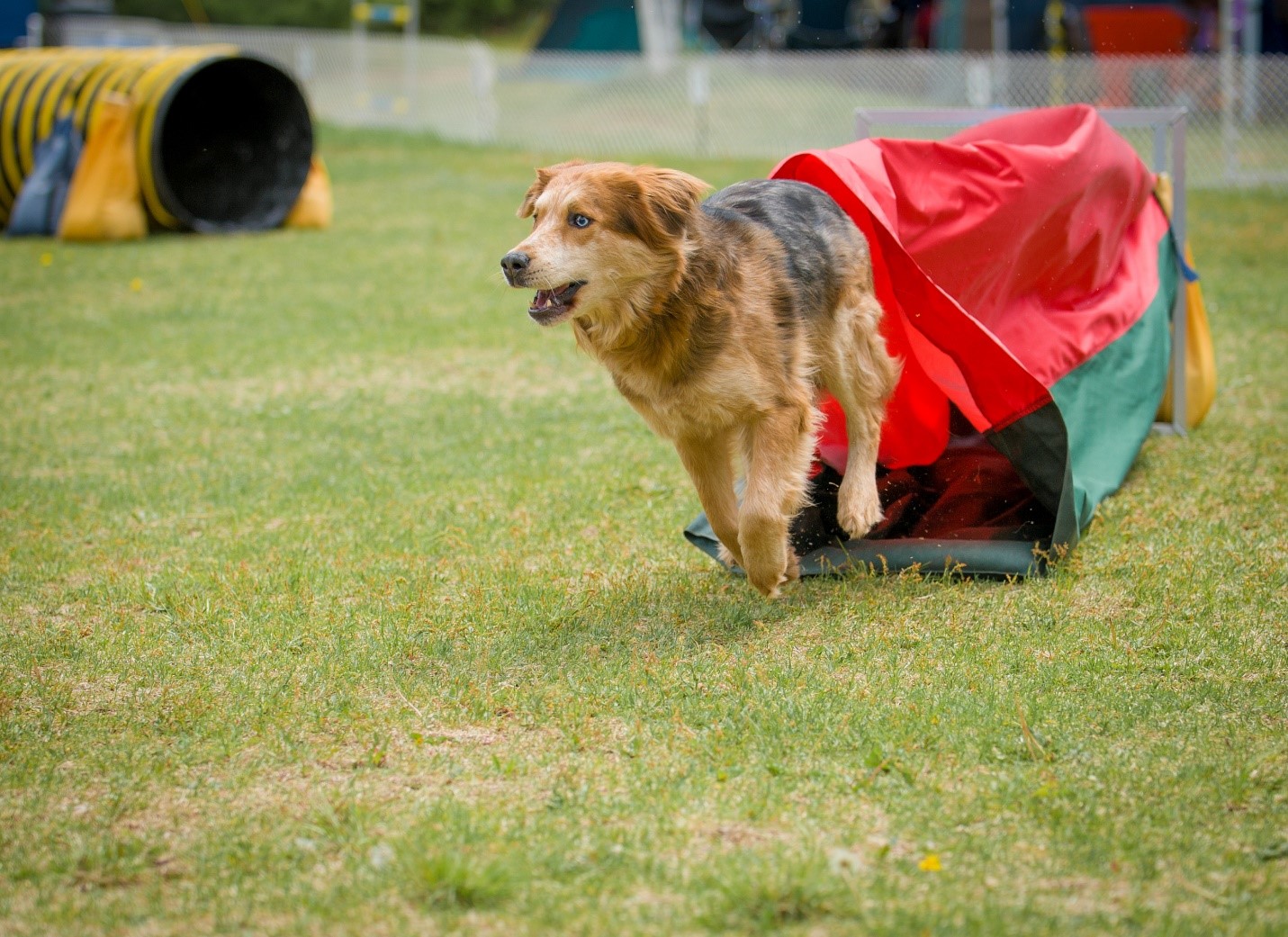
How A Dog Behaviourist and A Dog Trainer Differ
When a dog chronically misbehaves, the common reaction is that the dog needs professional obedience training. However, this is not always the case. Many dogs do not require retraining, they need to learn new behaviours. Many people are confused about the difference and often have misconceptions. So, before you contact a professional trainer, be sure you know exactly what you want.
Though obedience and behavior training seem like the same thing, the truth is that the goals and outcomes are vastly different. One method teaches your dog what is correct to do whilst the other teaches what not to do. Knowing the difference will help you determine who is the right person to call.

Why Your Dog Might Need Training
There are different reasons why your dog might need training. Puppies have little self-control, young dogs develop unhealthy habits, and older dogs often feel frustrated by the limitations of their aging bodies.
For example, your dog needs training if they always rush out of the house every time you come home. If you constantly tell them to “come” but they don’t respond, then they need obedience training. However, you still need to find out why your dog is running out the door in the first place. It is important to not ignore the root cause of your dog’s actions.
Ultimately, it is not about making your dog obey you. To achieve obedience, the cause of the disobedience needs to be addressed first, which is why obedience and behavior training should go hand-in-hand. Obedience training lays a good foundation for your relationship, strengthens your bond, and causes your dog to be more respectful of you, but their behaviour problems won’t be solved without behavior training.
What Does an Obedience Trainer Do?
Obedience trainers teach your dog what to do when you give them a command either verbally or by using hand signals. There are three general types of dog trainers.
One type of trainer focuses on teaching your dog simple manners including the seven basic commands: sit, stay, come, heel, no, off, and down. There may be other commands you need your dog to learn, but these are the basic ones every dog should know. This applies especially to a new dog you bring home so they know what is expected from them in future.
Another type of trainer teaches more advanced skills that deter non-destructive behaviours such as digging up your garden or jumping on the bed. This type of trainer might also teach agility, hunting and tracking.
Even more advanced trainers will teach your dog about scent discrimination, protection techniques, and similar off-leash commands. Most dog owners only need a general trainer.
A good obedience trainer uses positive reinforcement to teach your dog to follow your commands. Your dog will learn (and so will you) that a certain sound means they must respond in a certain way. A common method of positive training is by using a clicker. The trainer presses the clicker whenever your dog correctly follows the command and follows up with a treat as a reward. With this method, there is no punishment, only rewards for a job well done.
Most dogs respond well to the “clicker-treat” method. It is easy for them to understand, it boosts their confidence in their abilities, and it strengthens the bond with their owners because there is more fun time and fewer punishments. Usually, dogs learn the commands quickly with the clicker-treat method.
There is no official certification requirement to be a dog obedience trainer. Most trainers are self-educated and often are unfamiliar with how to improve a dog’s underlying reasons for its bad behavior. They may have at least a moderate understanding of dog behavior, but they are not always specially educated in addressing these issues. However, more professional programs and classes are being developed to teach aspiring trainers what to do and how to handle a variety of dog behaviours.
Most obedience trainers are able to help you with basic issues. They may even call themselves behaviourists. However, a good trainer knows when your dog should be referred to a veterinarian or a board-certified behaviourist.
What is a Dog Behaviourist?
Unlike obedience trainers, formal behaviour trainers and consultants are usually board-certified by either an independent certifying board or an approved veterinary school after studying applied canine behavior at a licensed graduate or veterinarian school. The specialised education gives the trainer the ability to understand behavioural and emotional issues and how to apply their knowledge to a variety of dog breeds.
You also want to hire a dog behaviourist with experience, as this will ensure your dog is in the right hands and their problems are dealt with correctly. You can check this by looking at their website or phoning them up before you make a booking. An example to look at can be seen by the dog behaviourists at Dog Harmony who clearly state they have over twenty years of experience. This is just one indicator of reputable trainers. It may also be worth asking for references, but consider that even if the trainer does not have any certification or formal canine behaviour education, it does not mean that he or she is not effective and skillful. 
Different Types of Dog Behaviourist’s
There are three different types of dog behaviorists all based on their level of formal education. To get the best possible results for your dog, consider each type of behaviourist and which one may be the best fit for you.
Behaviour Consultants
Behaviour Consultants are the most common type of behaviourist and are usually certified through a formally recognised board such as the International Association of Animal Behavior Consultants. Their education typically consists of 150 hours of specialised classroom coursework and graduation from either secondary or upper school (high school). Behaviour consultants will work with you to modify your dog’s behaviour.
Applied Animal Behaviourists
The title of Applied Animal Behaviourist is given to an animal specialist who has received a PhD, has had two years of residency, and three years of professional work in the field. This title may also be given to an associate applied animal behaviourist who has obtained a master’s degree in either animal science, biology, psychology, or zoology, and they have had direct experience as a behaviourist for at least five years. The human equivalent of this type of behaviourist is a psychologist.
People who complete the education and training requirements are certified through the Animal Behavior Society, a non-profit, professional organisation that promotes the biological study of animal behaviour, which issues the designations of Certified Applied Animal Behaviorist (CAAB) and Associate Applied Animal Behaviorist (ACAAB).
A certified Applied Animal Behaviourist can address non-medical issues in dogs and other animals, but may not be qualified to identify the cause of the problem.
Veterinary Behaviorists
Veterinary behaviourists are medically trained animal specialists. They are board-certified veterinarians who, in addition to their medical degree, have undergone three years of residency and completed classroom coursework in animal psychology, behavioral genetics, physiology, psychopharmacology, and much more. Their education is certified through the Animal Behavior and Training Council (ABTC).
Beyond working with family pets, many veterinary behaviourists have experience in professional research, and in working with animal shelters and organisations within the animal industry such as K9 training and search-and-rescue.
A veterinary behaviourist can identify any underlying, medically-related physical or emotional issues your dog may have that is causing the misbehaviour. A treatment plan to address the medical issue, including medication, will be created if necessary in addition to behaviour modification. Veterinary behaviourists are especially good at helping dogs with extreme behaviours such as aggression, excessive barking, anxiety, obsessive-compulsive disorders, and more.
Reasons Why You Might Need a Dog Behaviourist
Dogs who misbehave typically cause daily stress to the entire family and can affect your relationships with your neighbors. Often, many dog owners feel as though their dog suffers simply from separation anxiety. The truth is, while your dog may indeed be missing you, there could be many other reasons why your dog is engaging in destructive behavior and bad manners. Some of the reasons may be:
- Frequent changes in the home (home remodeling, arrival of a new baby, etc.)
- An undiagnosed medical condition
- Trauma from past mistreatment by previous owners, either mentally or physically
- Boredom
- Lack of proper socialisation during puppyhood
- Lack of sufficient human interaction
If you believe your dog suffers from separation anxiety (excessive barking, whimpering, chewing), aggression, fear biting, incontinence, or any destructive behaviors, a dog behaviourist can train your dog how to handle the stress more appropriately, often right in your home.
When your dog receives either obedience or behaviour modification training, as the owner, you too should expect to be trained. It is important for you to know how to handle and successfully enforce the new behaviours your dog has learned. The behaviourist will have taught your dog to follow your lead, which means you will need to know how to use your body language and display a calm disposition. A behaviourist will teach you all the techniques you need to know to keep your dog behaving properly for the years to come. 
What Does Behaviour Training Involve?
Behaviour modification training is very different compared to obedience training. Obedience training is about what is correct to do whereas, behaviour training focuses on good doggy manners by teaching your dog what NOT to do such as digging in the yard or eating out of the bin. An experienced dog behaviourist will try to identify the cause of your dog’s poor behaviour and guide them through an applied approach toward a desired behaviour.
Certified dog behaviourists often work one-on-one with clients to develop workable solutions to unwelcome behaviour. A behaviourist will study your dog’s emotions and reactions to their environment as well as assess the environment itself. You will also be asked about your dog’s history, how you currently manage the bad behaviour, and what your goals are before any possible solutions are created.
To develop a solution for your dog, a behaviourist may use any one of a variety of proven and safe techniques that is best suited to your dog’s situation. The more common techniques are:
- Operant Conditioning- Usually entails a reward in response to a desired behaviour. Nearly all dog training today uses this method. A common method is the “clicker-treat” method.
- Classical Conditioning- This is often used to teach new habits by providing a repeated incentive (i.e. food, play, etc.) to gain a certain response.
- Desensitisation- Often used with dogs who have a phobia of something, the dog is slowly introduced to increasing levels of what scares them until they become comfortable and unaffected by it any longer.
Whatever your goals may be, a good trainer will combine elements of obedience and behaviour training so that your dog becomes better in its ability to make good choices without being prompted by you. The self-sufficiency will make your dog feel more confident, less stressed, and your home will be a happier place to live.
Before you begin any behaviour training, be sure to visit your veterinarian for a complete health assessment in case your dog is experiencing any unknown medical conditions that could be affecting it’s behaviour.
Training an Older Dog
Despite the old saying that you can’t teach an old dog new tricks, older dogs can, indeed, benefit from dog training. There is a slightly different approach to it, but do not think that your dog cannot learn.
Once dogs reach the age of maturity (about 2-3 years old), they can focus on learning much better than puppies and, usually, can learn more than the seven basic commands. Even after your dog becomes advanced in his years (about seven years old) and has become more frail, he is still able to learn something new. It just takes extra patience, positivity, and maybe some cheese to train him as he learns to deal with the frustration of growing old.
The Choice is Yours
Choosing between a dog obedience trainer and a behaviourist is a personal decision based on the goals you have for your dog. If you are looking for someone to teach your dog some simple commands and good manners, almost any dog trainer can help you. But, if your dog is exhibiting severe symptoms of anxiety and stress, and engaging in destructive activities, consider calling a certified behaviourist to find the underlying cause of the behaviour. A behaviourist is also the best choice if your dog has issues stemming from a medical condition.
Your dog is special to you. Show him how much you care by having him properly trained.








